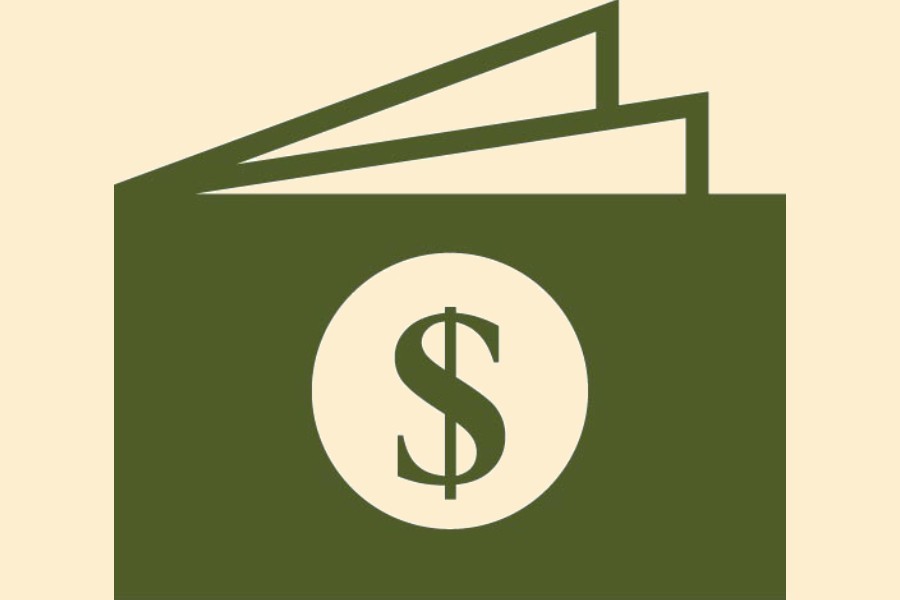The country's foreign exchange (forex) reserve reached at US$33 billion-mark on Wednesday following lower import payment pressure on the economy due to the worldwide spread of coronavirus pandemic.
The forex reserve stood at around $33 billion on the day, according to the Bangladesh Bank (BB)'s latest statistics. It was $32.55 billion on March 24.
"Higher gold prices in the global market along with revaluation gain have helped to increase the country's forex reserve recently," a BB senior official explained.
But the central banker predicted that the reserve would decrease in the first week of May after making a routine payment to the Asian Clearing Union (ACU) against imports during the March-April period.
"Selling the US dollar to banks directly is also creating pressure on the forex reserve in the recent days," he noted.
The central bank has already resumed selling the US$ to banks directly in the last week of March after more than one month's interval to keep the country's foreign exchange market stable.
The BB has resumed selling the greenback to banks for offsetting extra pressure on the market, caused by lower remittance inflow following the ongoing coronavirus outbreak.
The BB directly sold $50 million to commercial banks on Monday to help settle their import payment obligations.
The central bank so far sold $651 million to the banks, particularly the public sector ones, during this fiscal year (FY), 2019-20, to meet the growing demand for the greenback in the market.
"Fresh import orders are now lower, but deferred payments for the same are continuing," a senior executive of a leading private commercial bank told the FE while explaining reasons behind the higher demand for the US currency in the market.
He also said lower export earnings along with falling trend of inward remittance also pushed up demand for the greenback in the market recently.
Opening of letters of credit (LCs), generally known as import orders, dropped by more than 12 per cent to $4.63 billion in January from $5.29 billion a month ago due to supply chain disruption, caused by the coronavirus outbreak in China.
On the other hand, the settlement of LCs, generally known as actual import, fell by nearly 9.0 per cent, in terms of value, to $4.54 billion in January from $4.98 billion in the previous month, the BB data showed.


